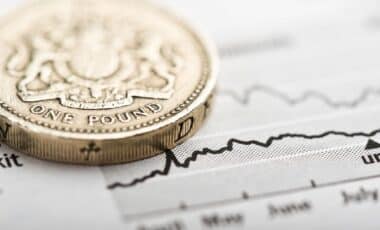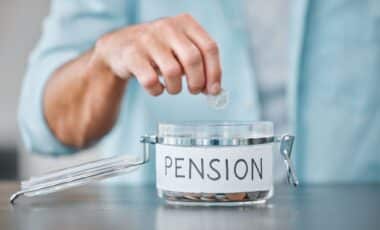The UK Government has reversed a previous decision to restrict the winter fuel payment, confirming a broader eligibility for the 2025 season in an update affecting millions of pensioners.
The Department for Work and Pensions (DWP) clarified that individuals with incomes below £35,000 will receive the £300 allowance automatically, while higher earners will be subject to recovery through the tax system.
According to the Manchester Evening News, the change follows public concern over last year’s means-tested approach. The Government also outlined what constitutes taxable income, but has not yet released full operational details regarding opt-out procedures or enforcement.
Widened Eligibility Follows Previous Backlash
Chancellor of the Exchequer Rachel Reeves announced the policy change following significant public criticism of the initial decision to means-test the payment.
Introduced shortly after Labour’s landslide election victory in 2024, the restriction had limited the benefit to the lowest-income pensioners. The measure has since been widely blamed for the party’s collapse in support.
Reeves said the Government had “listened to people’s concerns” and was now able to expand eligibility thanks to what she called renewed “stability” in the economy.
The Treasury estimates that the change could restore payments to nearly nine million pensioners.
Automatic Payments With Tax Adjustment for Higher Earners
Under the revised rules, all eligible pensioners—regardless of income—will receive the £300 winter fuel payment automatically. For around two million individuals with incomes above £35,000 per year, the payment will be recovered through taxation.
According to the official Treasury announcement:
Pensioners above the £35,000 threshold will have the full amount of the Winter Fuel Payment they received automatically collected via PAYE, or via their Self-Assessment return.
No one will need to register with HMRC for this or take any further action.
Pensioners who want to opt out and not receive the payment at all, will be able to do so, with details to be confirmed.
Government Defines Taxable Income Categories
Alongside the eligibility change, the Department for Work and Pensions (DWP) clarified which types of income will be considered taxable gross income for the purposes of determining recovery. The list includes:
- Earnings
- State pension
- Occupational pensions
- Personal and annuity pensions
- Jobseeker’s Allowance
- Widow’s benefit
- Carer’s Allowance
- Taxable interest
- Rental income
- Statutory sick, maternity, paternity and adoption pay
- Employment and Support Allowance
- Incapacity Benefit
These income streams determine whether the £300 payment will be retained or recovered via the tax system.
Policy Implications and Expert Reaction
On social media platform X, Paul Johnson, Director of the Institute for Fiscal Studies, offered a critical response to the government’s fiscal logic behind the move:
The corollary of ‘this will not lead to permanent additional borrowing’ is that it will lead to permanent additional taxes (or just possibly permanent cuts to other bits of welfare).
The remarks highlight ongoing questions about the long-term sustainability of the measure and its potential impact on the broader welfare budget.









